One of seven World Heritage sites in Finland, Suomenlinna (literally, “Finnish castle”) has been a garrison protecting Helsinki and its harbor since the mid-18th century.
Falling under the flags of three countries – Sweden (1748-1808), Russa (1808-1918) and independent Finland (1918 – present), Suomenlinna has also been home to civilian residents throughout its history.
This article contains affiliate links and/or references to our advertisers. We may receive compensation when you click on or make a purchase using these links.
Table of Contents
Suomenlinna was constructed to protect Sweden against Russian invaders
If you look at the map of Finland, you’ll see the capital city of Helsinki is located within an archipelago of protective, low-slung rocky islands. In 1748, the Swedish government began construction of a bastion, referred to as “Sveaborg” in Swedish, but called “Viapori” in Finnish, among these. This installation was intended to serve as a vanguard against Russian sea-going invaders out of St. Petersburg. The garrison protected not only the city, but the entire Swedish realm, which had previously dominated the Baltic.

Suomenlinna was innovative and state of the art architecture for its time
Commissioned by King Frederick I of Sweden, Field marshal Count Augustin Ehrensvärd, whose architectural designs were used to build the fortress and residential buildings, viewed the project as his life’s work. Ehrensvärd was twice placed in command of the entire Swedish Archipelago Fleet. His first appointment was a ten-year stint; a second appointment came when political interests favored him again, from 1770 until his death in 1772. His low-profile armament buildings followed island topography, camouflaging their presence. This was a unique departure from traditional military architecture at the time. The dry dock in the center of the fortress was state of the art.
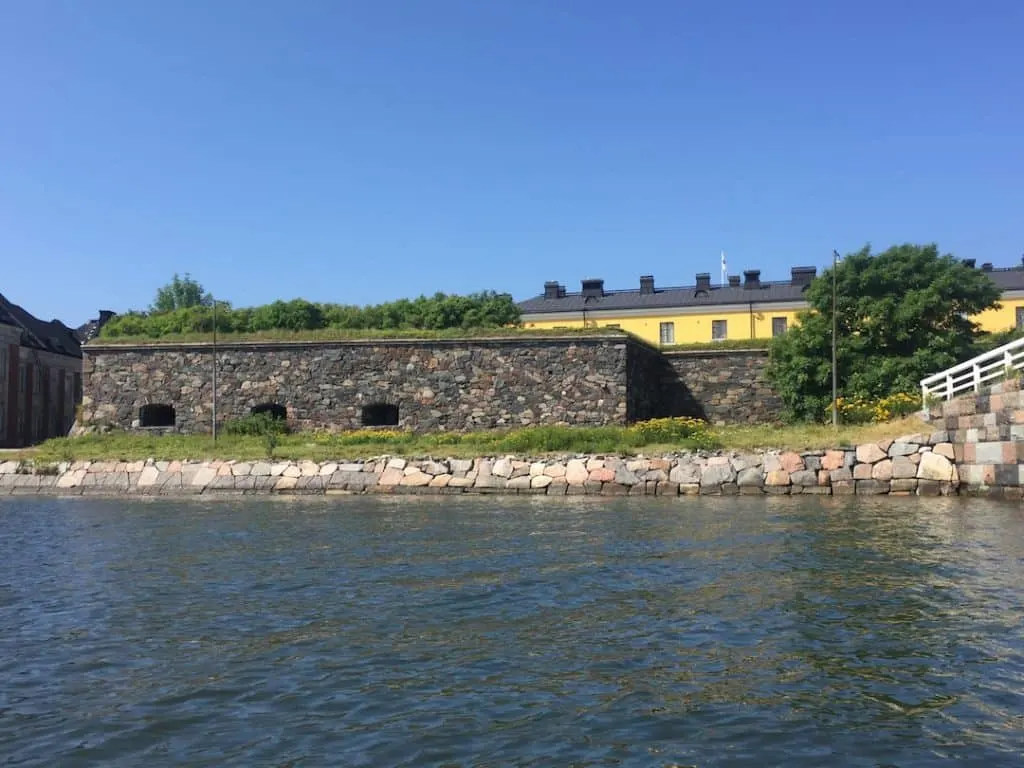
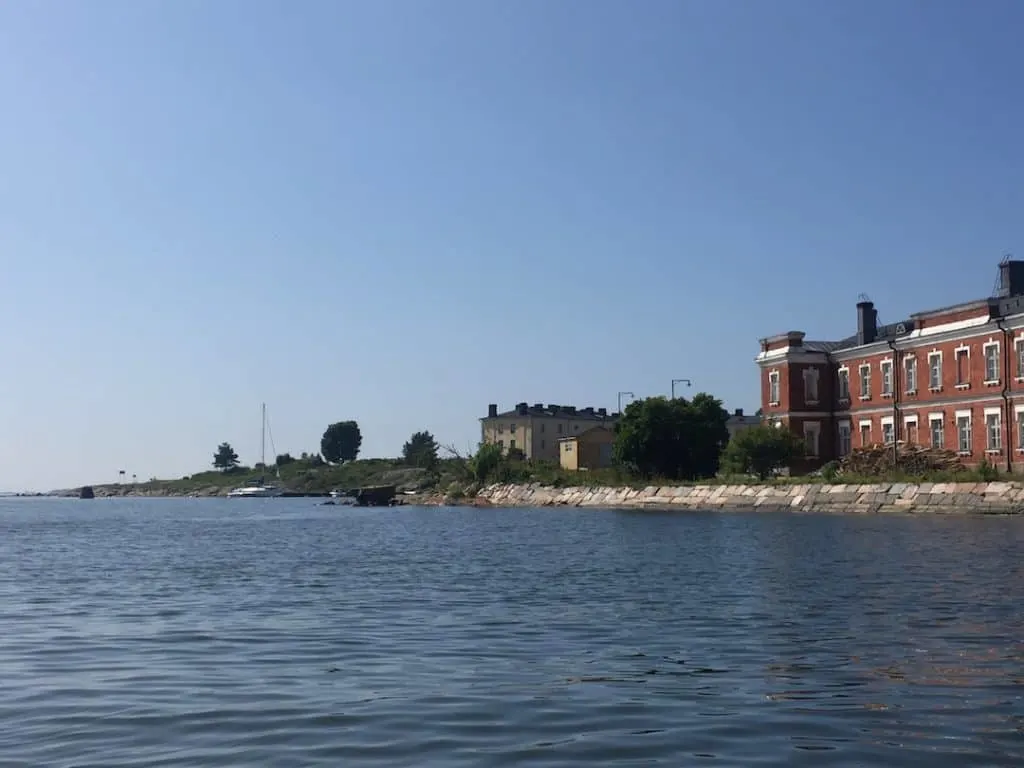
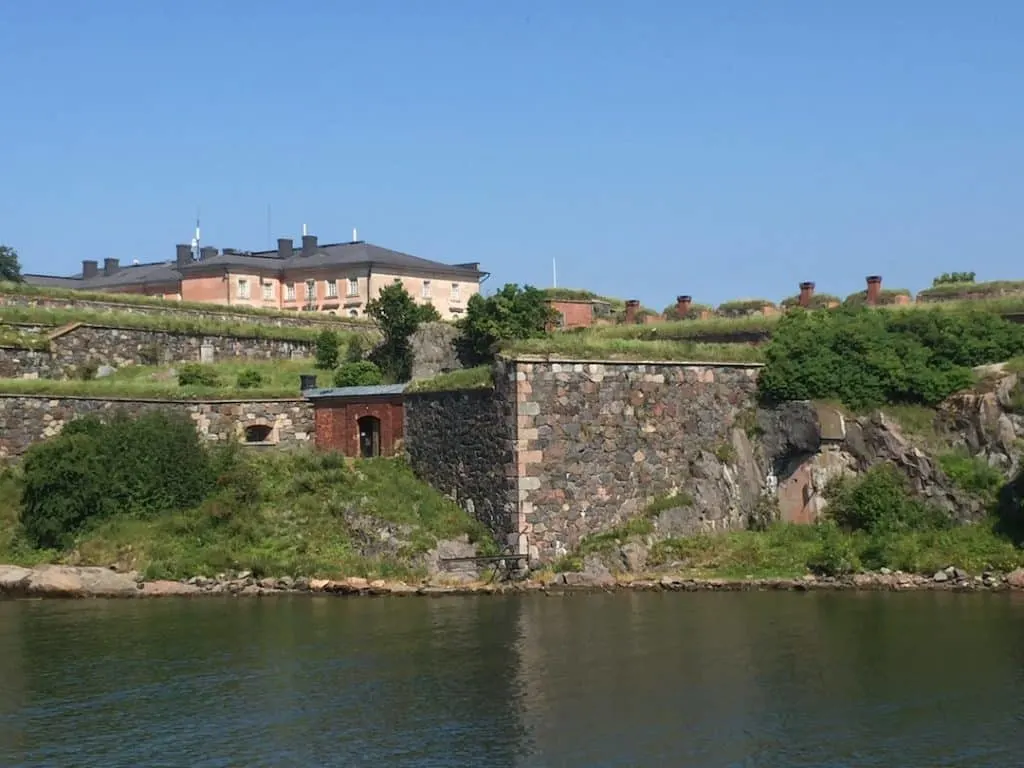
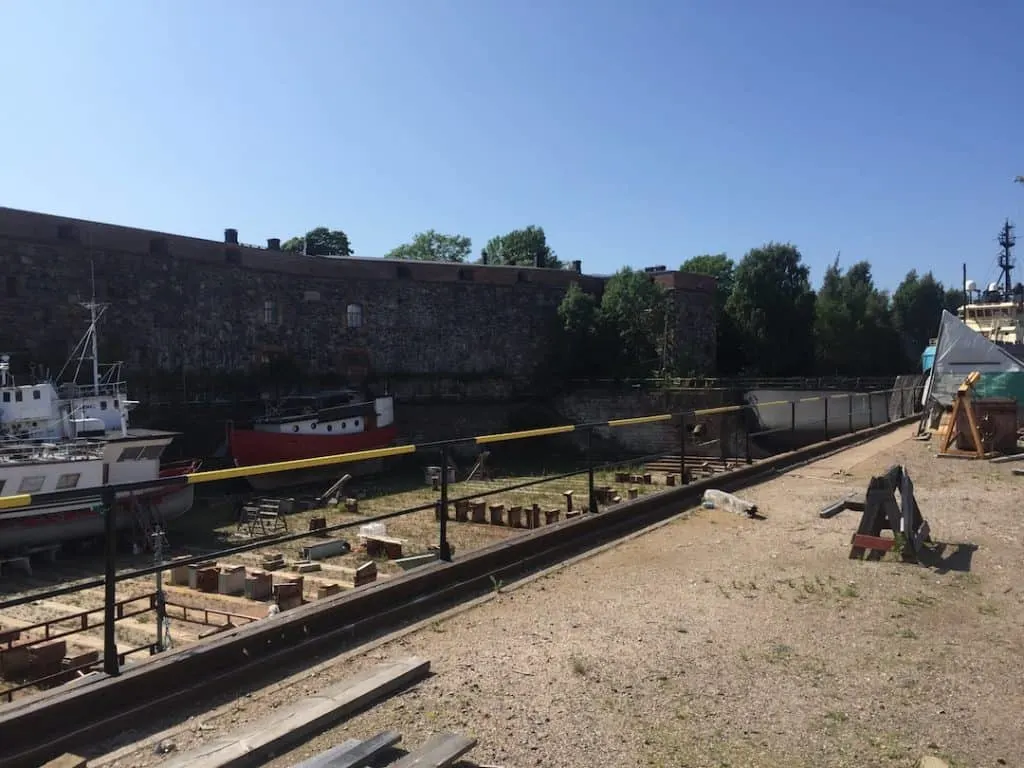
Suomenlinna became a cultural and social center
As a member of the Royal Swedish Academy of Sciences, Ehrensvärd’s interests in painting, education, psychology and botany set the stage for Viapori to become a social and cultural center. Worldly military officers adopted the French language, customs, and etiquette as part of the Suomenlinna social milieu.
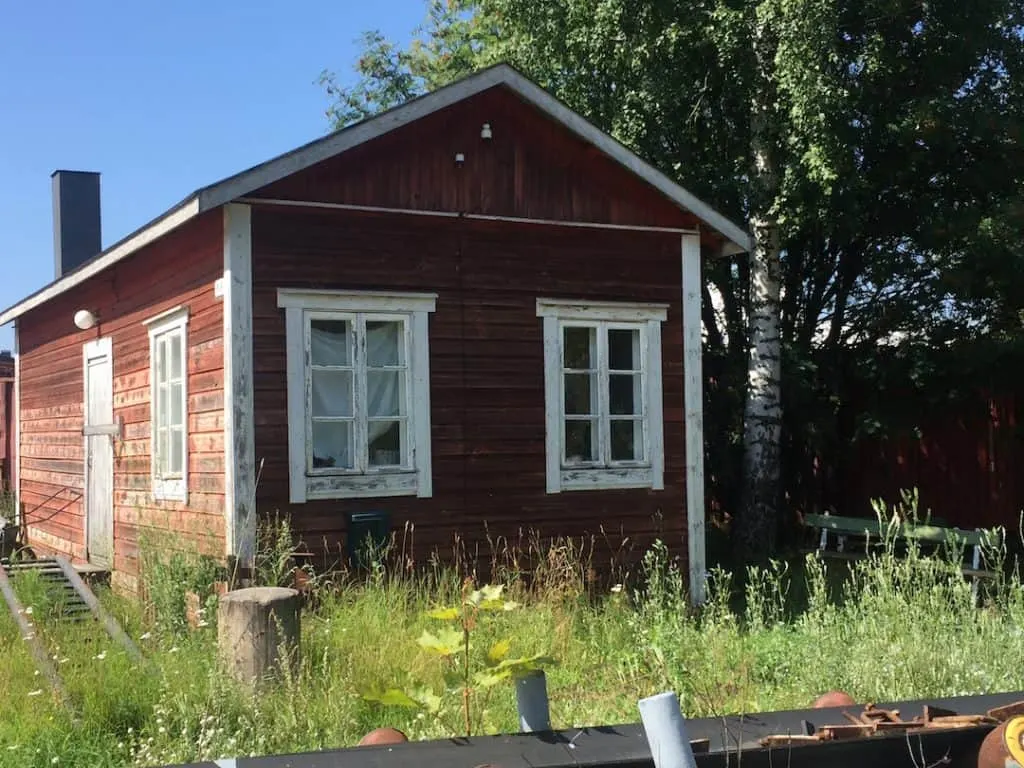
Civil servants and merchants also made their homes on the island. Many of the higher ranking officers ensconced their families in grander Helsinki residences or prestigious rural estates. By 1771, there was a multi-story building called Noah’s Ark containing flats for officers’ families on Suomenlinna, one of the first of its kind in Finland. Other buildings were pressed into use as residences, including those attached to the fortifications, while housing remained in short supply.
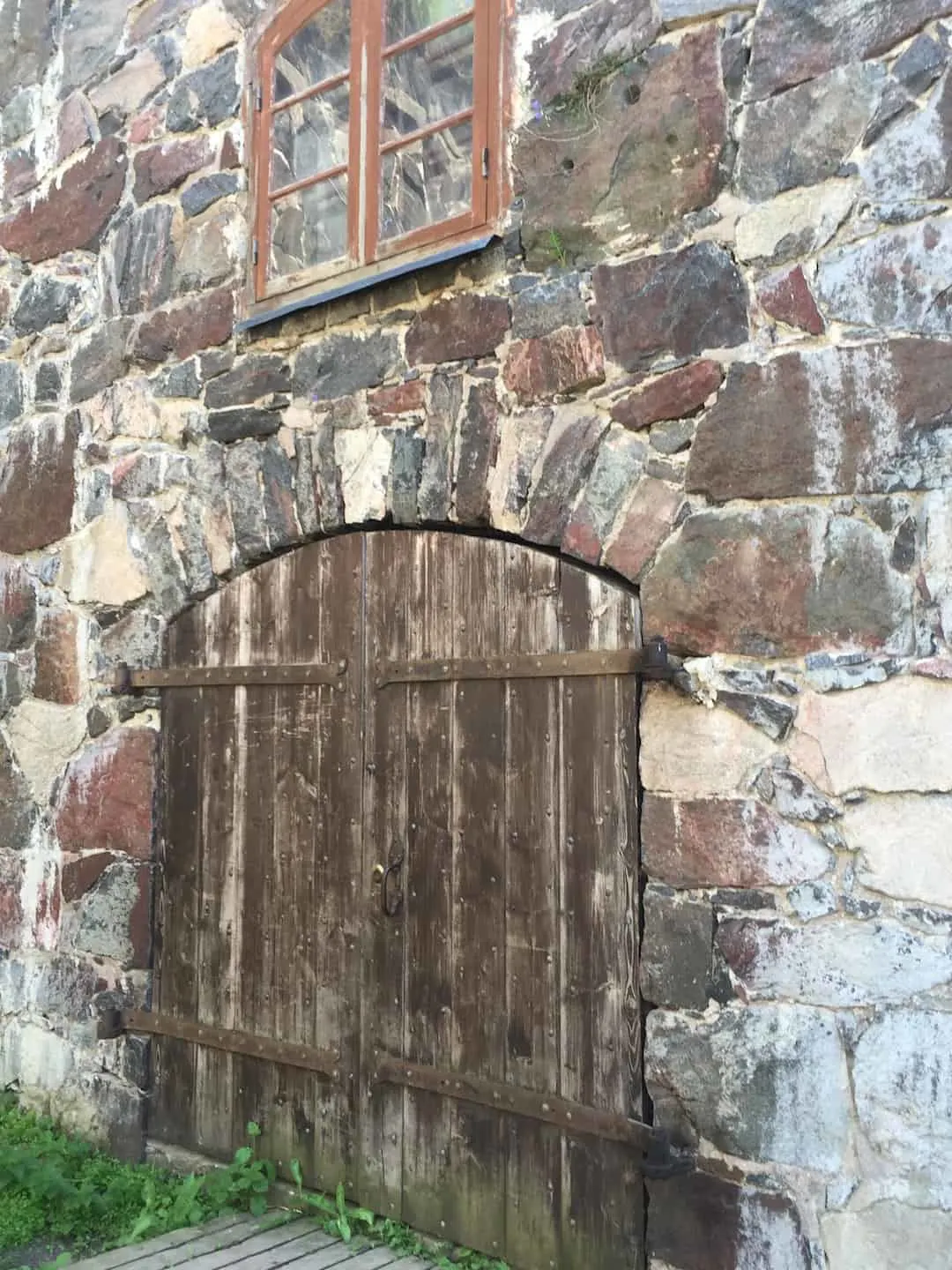
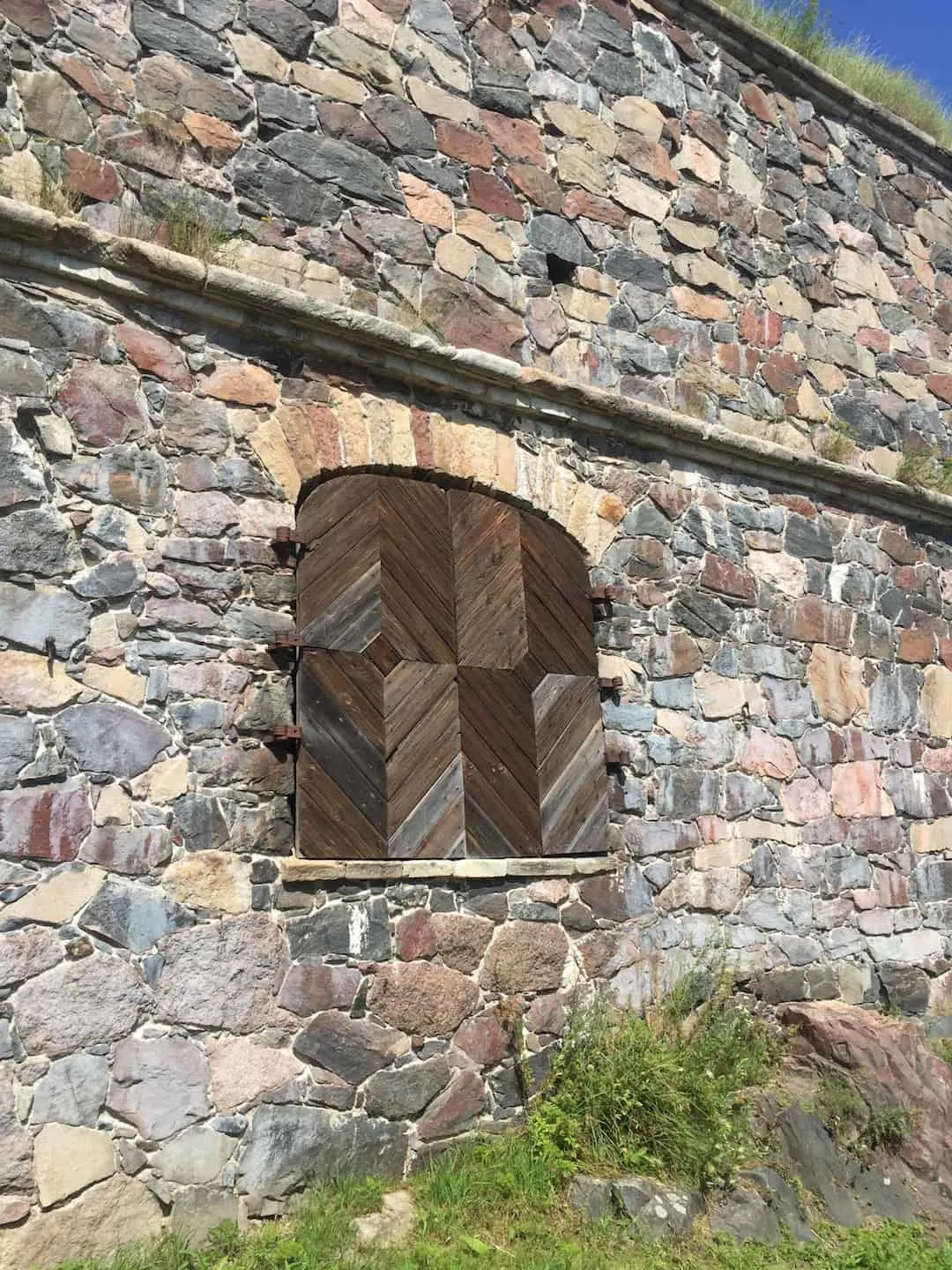
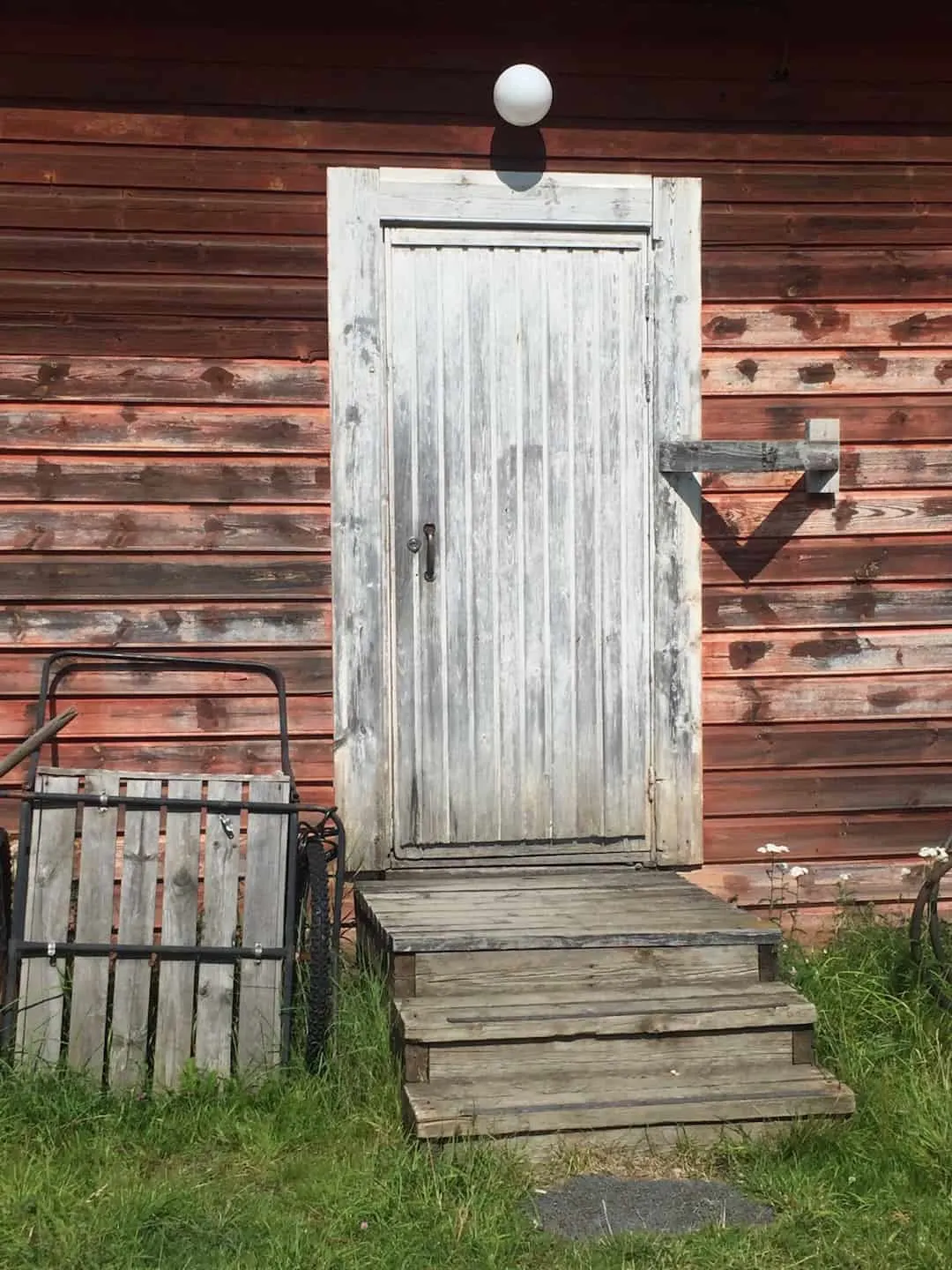
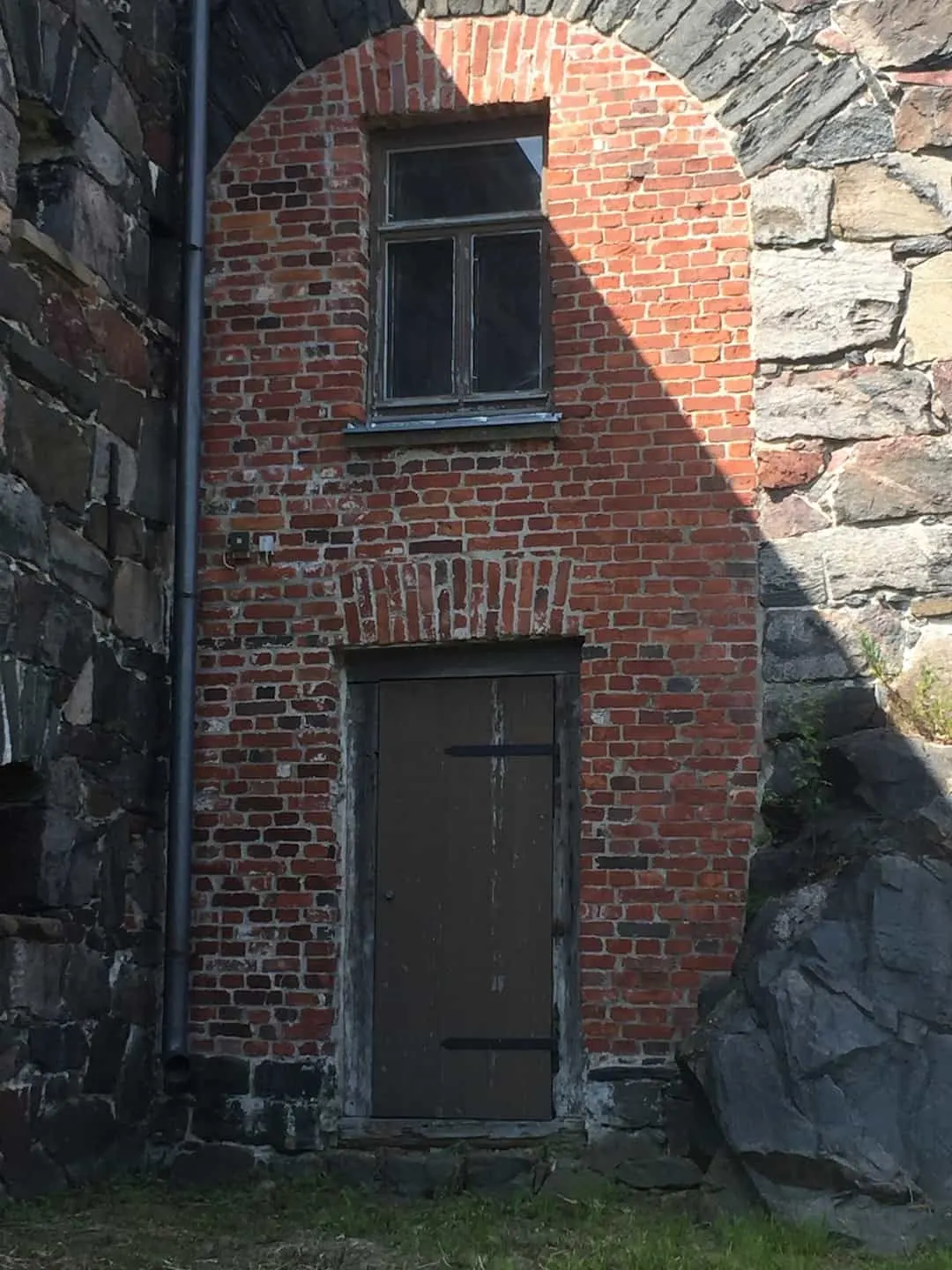
Suomenlinna was surrendered to the Russians in 1808
As part of a cooperative agreement between Tsar Alexander I and Napoleon, Russia attacked and then conquered Helsinki. Sveaborg subsequently surrendered in 1808 with Finland becoming a grand duchy of the Russian Empire. During the Russian era, the population of Suomenlinna was greater than that of Helsinki. Civilian residents, soldiers, and prisoners made up the mix. The community was large enough to support both Eastern Orthodox and Lutheran religious congregations. There were retail stores, religious schools, a pharmacy and even a brewery. While low-ranking soldiers lived in simple barracks, officers and their families were housed in large apartments and stately wooden villas. Smaller wooden houses and gardens rounded out the collection of buildings.
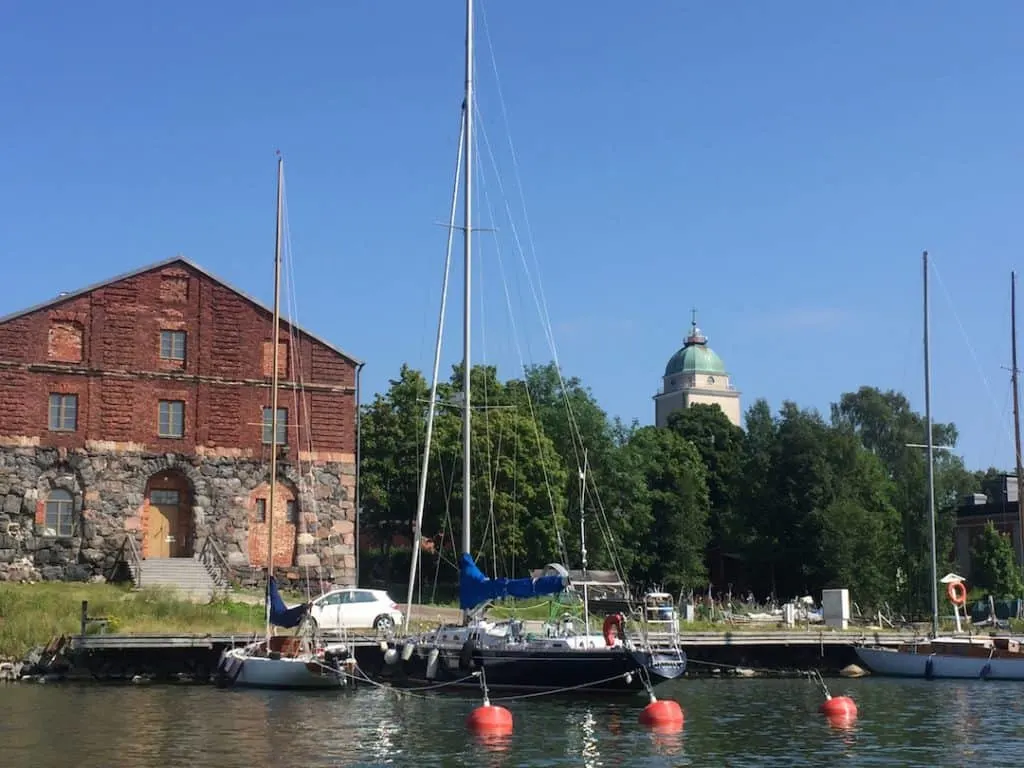
Suomenlinna successfully resisted allied attacks during the Crimean War in the mid-19th century. After its conclusion, restoration and subsequent new construction dubbed “Peter the Great’s naval fortification” became part of the buildup to World War I.
In the 20th century, Suomenlinna deteriorated and then was resurrected
With Finland’s independence in 1918, the Russian garrison was replaced with Finnish soldiers and a prisoner of war camp. Conditions deteriorated as the Civil War progressed and really didn’t improve much until the latter part of the 20th century. Shipbuilding remained the main industry, with residential buildings being repaired to house dock workers.
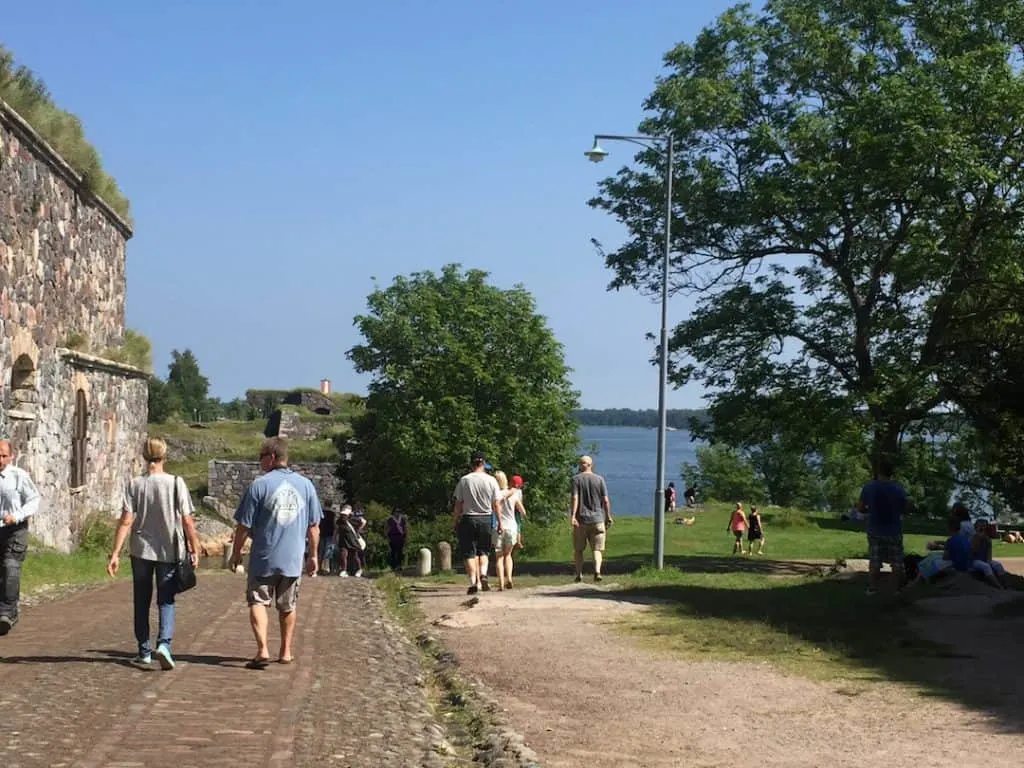
With the onset of ferry services in the early 1950s, renewed interest in the fortress as a tourist destination necessitated a planning proposal and architecture competition. The plan, finalized between 1972-74, called for renovation, preservation and establishing cultural components. While not all aspects of the plan were eventually implemented, the Governing Body of Suomenlinna remains under the auspices of Finland’s Ministry of Education and Culture.
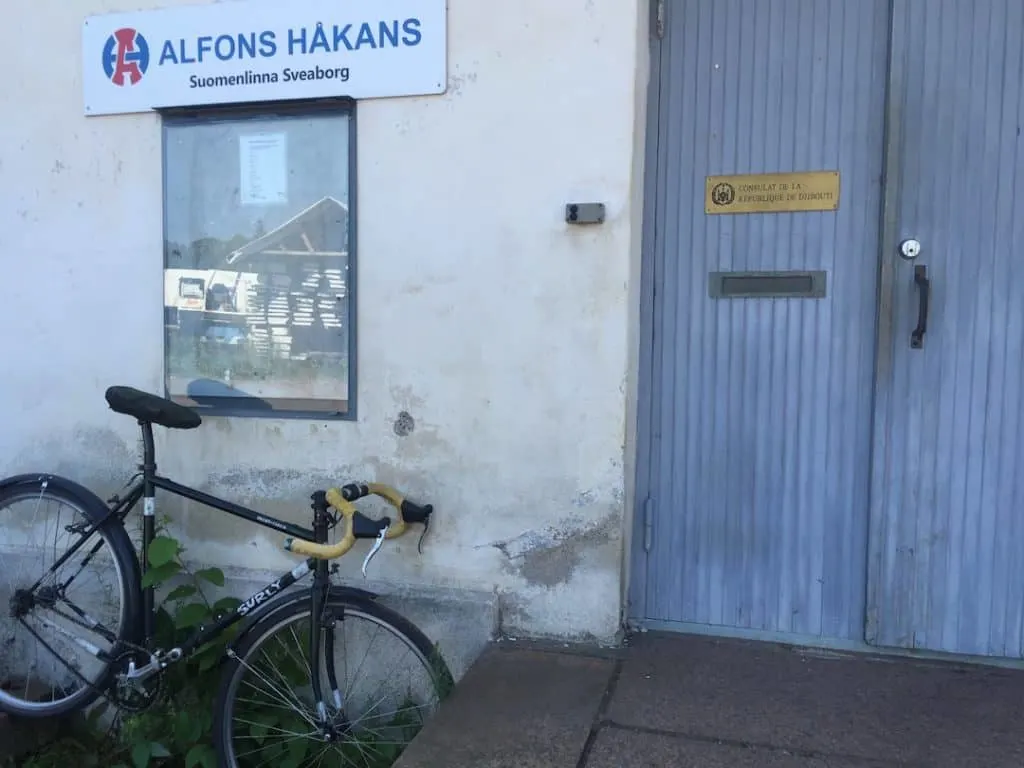
Tips and Practicalities: Suomenlinna is a popular destination for summer visitors. On the beautiful day we visited, business along the waterfront was brisk at several dockside watering holes. While there is still a military presence on the island, it is educational in nature: about 250 students attend the Naval Academy on site. The island’s current population is about 800, who live in its over 350 apartments and have a library, grocery store, and a primary school. Many of the buildings being used today are original. As Suomenlinna is a borough of Helsinki proper, there is no admission fee. Guided tours are available, and there are six museums on site.
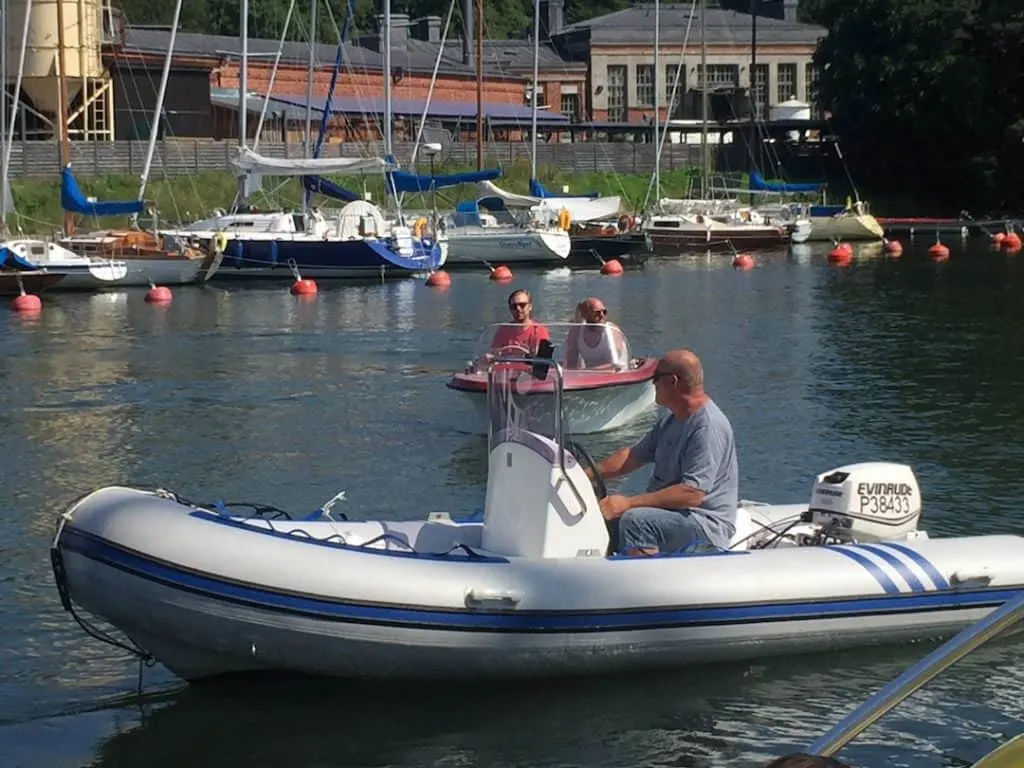
If you’re fortunate, as we were, to know someone with a boat, you can dock at the guest harbor in the middle of Suomenlinna. Ferry service departs from Helsinki Market Square year round, and during the summer, there is water bus service. The brief trip over to Suomenlinna provides outstanding views of Helsinki and its islands.
Why not incorporate a tour of Suomenlinna with guide and visit other landmarks in Helsinki on a 5 hour excursion, click here for details.
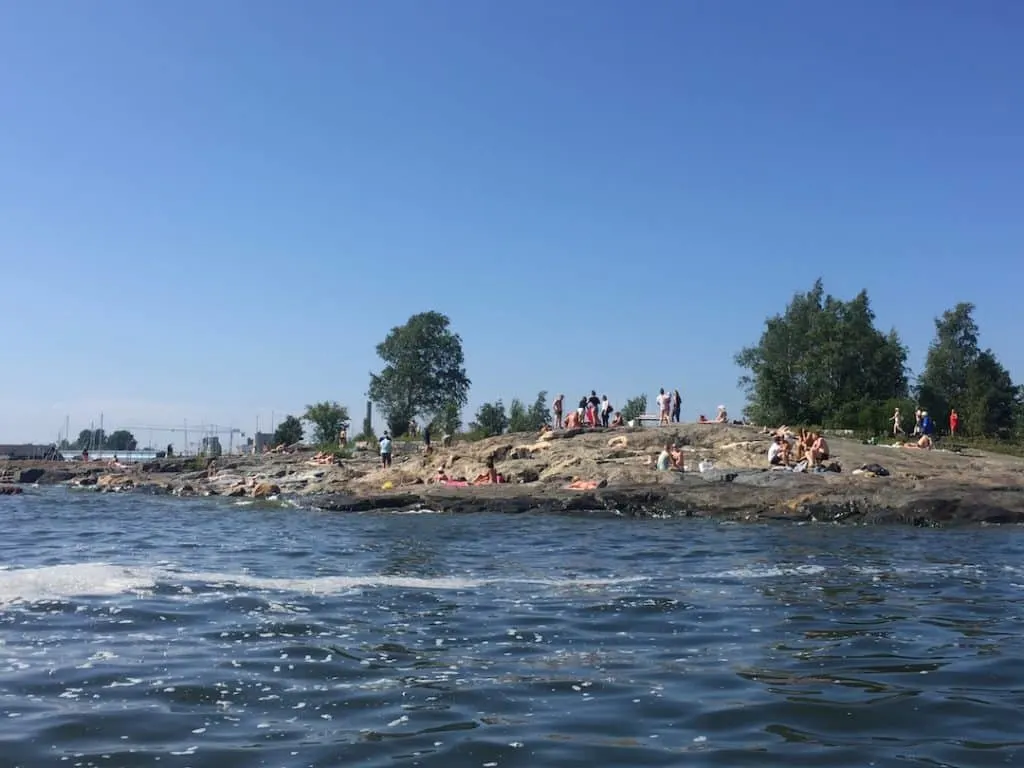
This post is part of a collaborative showcase of UNESCO Heritage sites with travel blogging colleagues. Check out other posts in the series:
71 UNESCO World Heritage Sites You’ve Perhaps Visited and Did Not Know It from Kerwin at Passrider
Grand Canyon National Park and UNESCO Site from Noel at Travel Photo Discovery
A One Day Visit to Maritime Greenwich (London) England, A UNESCO World Heritage Site from Suzanne at Boomeresque
UNESCO Site: Visiting Marlbork Castle in Poland from Mary Jo at Traveling with MJ
Pinnable Image:
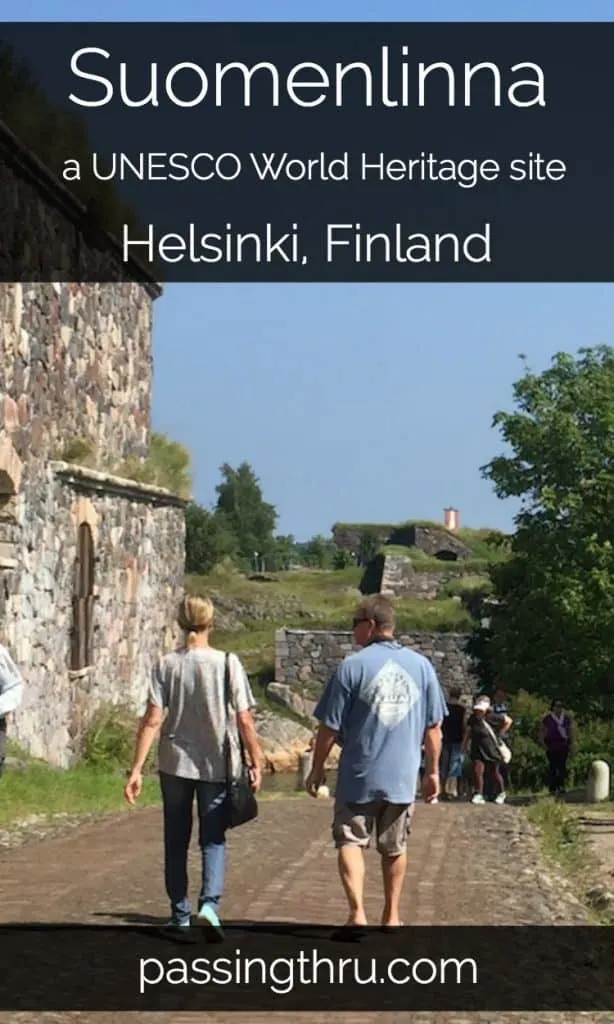
Tips for Trip Success
Book Your Flight
Find an inexpensive flight by using Kayak, a favorite of ours because it regularly returns less expensive flight options from a variety of airlines.
Book Your Hotel or Special Accommodation
We are big fans of Booking.com. We like their review system and photos. If we want to see more reviews and additional booking options, we go to Expedia.
You Need Travel Insurance!
Good travel insurance means having total peace of mind. Travel insurance protects you when your medical insurance often will not and better than what you get from your credit card. It will provide comprehensive coverage should you need medical treatment or return to the United States, compensation for trip interruption, baggage loss, and other situations.Find the Perfect Insurance Plan for Your Trip
PassingThru is a participant in the Amazon Services LLC Associates Program. As an Amazon Associate I earn from qualifying purchases.
To view PassingThru’s privacy policy, click here.

The Travel Tester Favourite Blogs October 2016
Wednesday 30th of November 2016
[…] Suomenlinna: UNESCO Heritage Site in Helsinki [Finland] Passing Thru […]
A Look at UNESCO Sites from Travel Buzz Media - Travel Buzz Media
Friday 14th of October 2016
[…] Click here to read the full article Suomenlinna: UNESCO Heritage Site in Helsinki […]
71 UNESCO World Heritage Sites You’ve Perhaps Visited And Did Not Know It
Friday 14th of October 2016
[…] – Betsy and Pete from PassingThru who visited The Suomenlinna in Helsinki, Finland – https://passingthru.com/blog/2016/10/suomenlinna-unesco-helsinki/ […]
A One Day Visit to Maritime Greenwich (London) England, A UNESCO World Heritage Site
Thursday 13th of October 2016
[…] Suomenlinna: A Helsinki UNESCO World Heritage Site by Betsy Wuebker of Passing Thru […]
Suzanne Fluhr
Thursday 13th of October 2016
We visited Helsinki, but completely missed Suomenlinna. Next time.